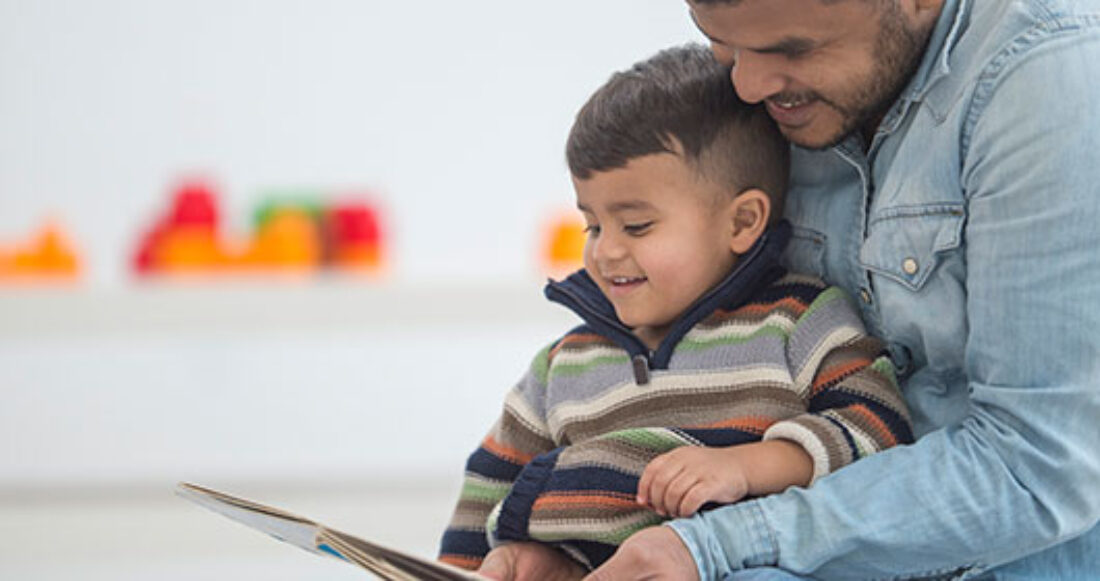Bringing Culture to Implementation: The Tribal REDI Pilot Study

When researchers from Pennsylvania State University and South Dakota State University approached tribal communities in South Dakota about a research project to support youth, their first idea focused on supporting resilience in young teens and their families. Instead, tribal leaders replied that what they really needed was an early childhood intervention with a proven track record.
With the support of the Foundation’s Evidence-Based Practice Group, researchers listened and proposed a pilot study: the REDI (Research-based, Developmentally Informed) program, a robustly tested Head Start program that tackles both language development and social-emotional development of preschool children.
The Tribal REDI pilot is unique not only in introducing a strong evidence-based program to Native American communities in South Dakota, but also in its development of a process that allows the communities’ teachers and representatives to identify cultural adaptations that can bolster the program’s effort to increase language, literacy and social-emotional skills for tribal children. Cultural considerations often are overlooked in the implementation of evidence-based programs, but they can be key factors in a program’s success or failure.
“The capacity of the community to harness its own life ways and culture to make a program specific to their population has an amazing potential to really improve not just the lives of families but of the entire community — and to do it in a way that preserves the very culture and language of the community,” says Cynthia Weaver, a senior associate with Casey’s Evidence-Based Practice Group.
Native American communities “are used to researchers coming in wanting to do research but not truly offering a partnership or collaboration opportunities,” says Ann Michelle Daniels, associate professor and family life specialist at South Dakota State University. “What we’ve said is, ‘You have something to offer to us.’ We recognize they have expertise! They know the culture and needs and we know implementation science. It is a true partnership of community-based participatory research with shared expertise.”
This partnership approach is especially important to communities that have suffered the kind of historical trauma that American Indians have experienced, Daniels adds. The process of adaptation led by the communities is as important as the learning readiness and social-emotional development outcomes for the children.
“One of the things that is important to think about when you talk about the Native American community is that there is no such thing as THE Native American community,” says Janet Welsh, senior research associate and research associate professor at Penn State.
“The adaptations that might be made by one tribe may be completely different than what a different tribal community will make elsewhere.”
The study, slated to begin at the start of the 2017–18 school year, will implement and evaluate a culturally adapted version of the REDI program in three existing Head Start programs in two communities.
The program will be conducted among 3- and 4‑year-old children, but the study will focus on gathering data for about 30 participants who are 4 years old. Researchers will also work with academic staff at the local tribal college, who will support adaptation of the program in the Dakota language and serve as liaison between tribal leadership and researchers.
During implementation, a REDI coach and clinical supervisor will be on hand to support teachers. In addition to training teachers, the study will build community capacity to sustain the program by training local instructors to coach and train other teachers on the REDI program, according to Welsh.
Read a report on considering culture in evidence-based programs





